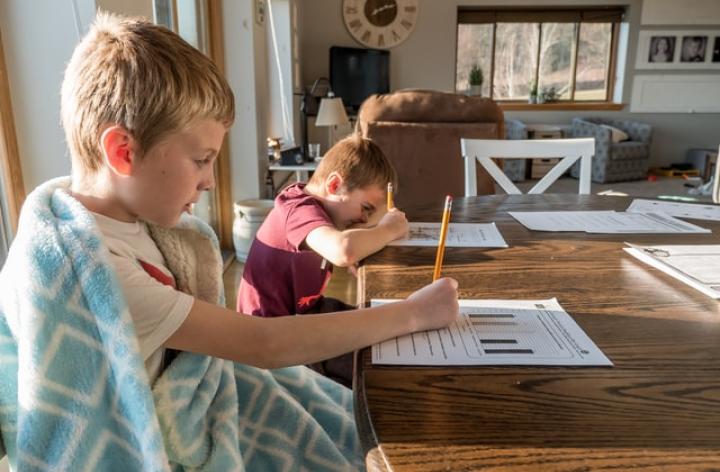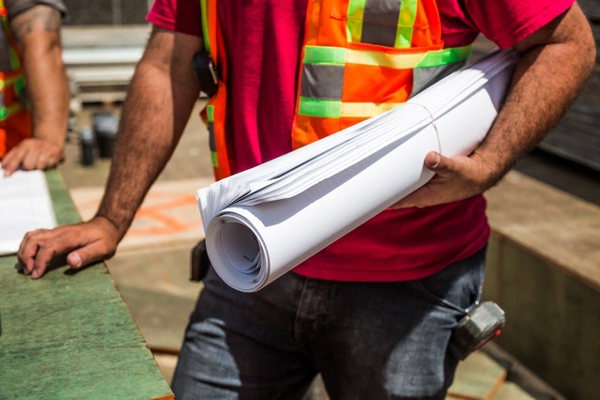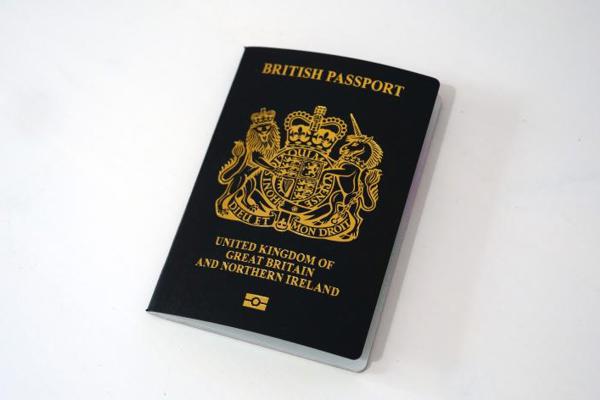
Lack of provision
The practice of using the inherent jurisdiction to deprive children of their liberty was recently brought before the Supreme Court in <T (A Child) (Appellant)> [2021] UKSC 35. Lord Stephens in his judgment noted the context of "the enduring well-known scandal of the disgraceful and utterly shaming lack of proper provision for children who require approved secure accommodation. These unfortunate children, who have been traumatised in so many ways, are frequently a major risk to themselves and to others... This scandalous lack of provision leads to applications to the court under its inherent jurisdiction to authorise the deprivation of a child’s liberty in a children’s home which has not been registered, there being no other available or suitable accommodation".
The appeal raised important questions about the use of the inherent jurisdiction to authorise a local authority to deprive a child of their liberty in accommodation that is not a secure children’s home. There is no statutory provision which authorises deprivation of liberty (“DOL”) in residential as opposed to secure accommodation in England or Scotland. Despite this, the Supreme Court unanimously dismissed the appeal. It held in particular that the use of the inherent jurisdiction to authorise DOL is permissible, but expressed grave concern about its use to fill a gap in the childcare system caused by inadequate resources.
It was difficult to envisage another outcome in the case. Had the Supreme Court held the use of inherent jurisdiction was unlawful, that would have resulted in hundreds of DOL orders relating to highly vulnerable children becoming unlawful overnight, with these children having nowhere to go.
Alongside the lack of secure accommodation, there is also a lack of residential provision in England, resulting in English local authorities relying on Scottish residential placements for children in their care. There is no automatic recognition of an English order made under the inherent jurisdiction authorising the deprivation of a child's liberty in Scotland, regardless of whether the order refers to the child being placed in accommodation in Scotland. Unless the English local authority takes affirmative action to have that order recognised by the Scottish courts, any deprivation of the child's liberty in Scotland will not have the appropriate legal authority. At present the English local authority requires to petition the Court of Session under the nobile officium on an urgent basis once the child is in Scotland. The effect of obtaining an order under the <nobile officium> in these cases is to have any DOL order granted by the High Court treated as if it was an order made by the Scottish courts, thus giving it immediate recognition and with that the ability to enforce it, which is crucial to each placement.
Scottish developments
Due to the increasing number of petitions seeking recognition of DOL orders, the Inner House recently issued a note, delivered by Lord Menzies ([2021] CSIH 59) setting out guidance to Scottish and English practitioners as to the appropriate procedure. Lord Menzies clearly set out that the function of the Scottish court is not to "rubber-stamp" High Court decisions, and that what is appropriate by way of care provision and deprivation of liberty will differ from petition to petition as each child has their own particular needs and problems.
Serious concerns have been raised relating to the lack of safeguards and parity of service provision for English children in Scotland. In a note issued towards the end of last year ([2021] CSIH 69), Lady Paton set out that the court required to be satisfied with regard to the rudiments concerning the child's access to health care, schooling and family to enable the court to properly exercise its <parens patriae> jurisdiction.
There has been increasing pressure towards the Scottish Government to legislate in this area. On 6 January, the Government issued a publication confirming that it intends to legislate in spring 2022 to remove the need for individual petitions to be raised. The Scottish Government asked for views on its plan to have DOL orders have effect in Scotland as if they were compulsory supervision orders to be submitted by 28 January 2022.
This article was first published in The Journal


